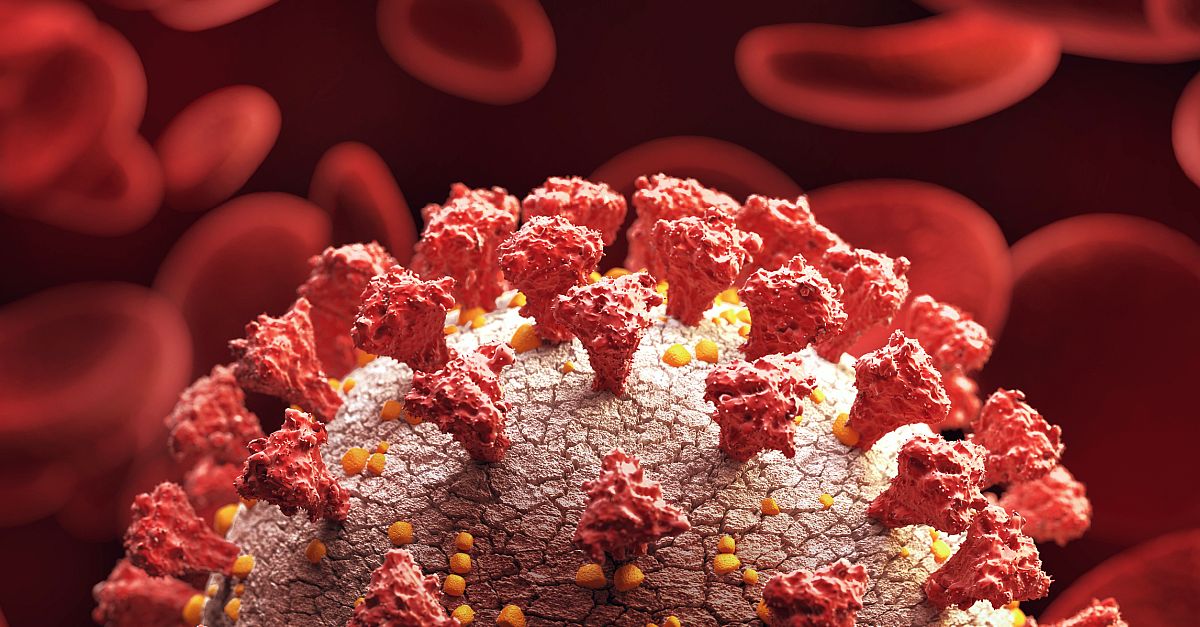The majority of individuals infected with COVID-19 are able to be treated in the outpatient setting, yet to date, trials of anticoagulants and antiplatelet interventions have been focused on patients hospitalized with COVID-19. Questions remained regarding whether these treatments should be given to patients in the outpatient setting. As reported in the Journal of the American Medical Association, the US National Heart, Lung, and Blood Institute (NHLBI) conducted the ACTIV-4b COVID-19 Outpatient Thrombosis Prevention Trial to address this informational gap. This randomized, double-blind, minimal-contact, placebo-controlled trial was the first study designed to determine whether treatment with aspirin or apixaban (prophylactic and therapeutic doses) could prevent thromboses among symptomatic, clinically stable patients with COVID-19.
Between September 2020 and June 2021, 657 patients were randomized and 558 received treatment with aspirin, apixaban, or placebo. There were no significant differences in risk of thromboses between the active groups and the placebo group reported during this trial. In fact, the trial was halted early—with only 9% of enrollment completed—per recommendation by an independent data and safety monitoring board because there was an unanticipated low event rate among controls. The authors concluded that the use of aspirin or apixaban in the outpatient setting to reduce major adverse cardiovascular or pulmonary consequences in clinically stable COVID-19 is not warranted.
The authors suggested the lack of events could be due in part to demographic shifts, such as a change in the threshold for hospital admissions and a shift toward younger individuals being infected with SARS-CoV-2 over the course of the study period. It should also be noted that the study population was primarily unvaccinated, and most were treated before the delta and other recent variants were widely recognized.
High level
The findings from this study may provide useful insights for the conduct of trials of antithrombotic therapy in outpatients with COVID-19. For example, steering committees and independent data monitoring committees of similar ongoing trials should consider reviewing issues like statistical power, outcome choices, recruitment feasibility, and even futility of their trials, according to an editorial by Dr Otavio Berwanger. The ACTIV-4b COVID-19 Outpatient Thrombosis Prevention Trial serves as an example that collaborative studies are feasible despite the multiple challenges associated with a pandemic such as COVID-19. Incorporation of remote practices into trial designs, such as minimal in-person contact, electronic informed consent, direct shipment of study drug to patients’ homes, and patient-reported outcomes, can improve efficiencies, and decentralized recruitment can broaden access to a larger, more diverse population. These learnings can be applied to studies in multiple disease states, including oncology and cardiovascular trials.
Ground level
In an adjacent editorial, Dr Otavio Berwanger suggested that the ACTIV-4b COVID-19 Outpatient Thrombosis Prevention Trial results may help inform treatment practices, expressing that the use of aspirin or apixaban for symptomatic but stable ambulatory patients with COVID-19 “does not seem justifiable.” However, caution is still advised, and these findings should not be construed to suggest that outpatients with COVID-19 do not require close medical attention.

